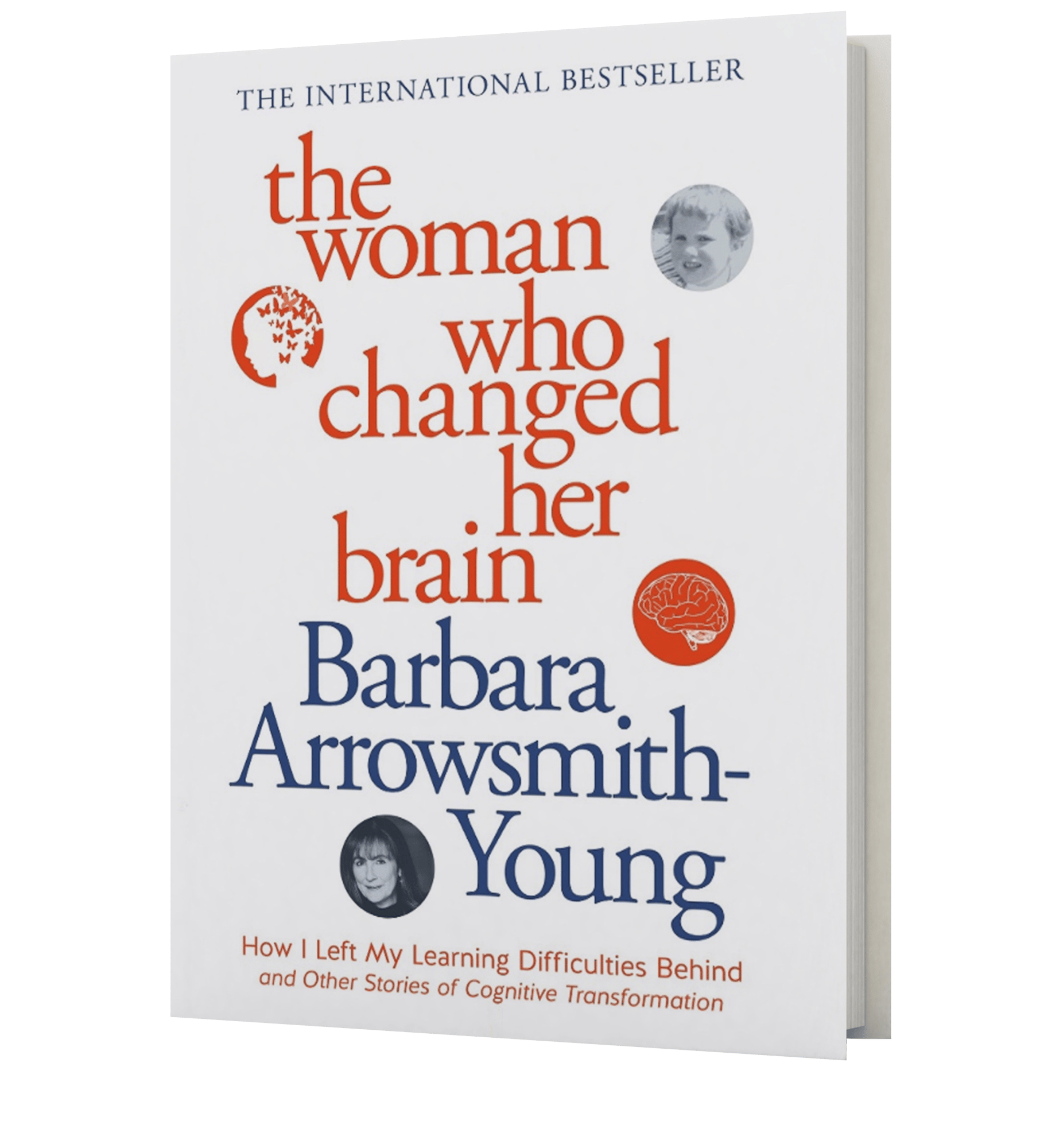There are many ways (some suggest there are hundreds) to describe the various processes by which we remember. Interestingly, at Arrowsmith we observe that each of our cognitive functions feature their own type of memory.


Take our 30-minute cognitive profile questionnaire to start the journey into understanding your brain's strengths and weaknesses through a cognitive lens.
The Arrowsmith Cognitive Assessment, administered by an Arrowsmith trained professional, will provide you with an in-depth insight into your unique cognitive profile.

Understanding memory through a series of cognitive functions and networks, also explains why memory is notoriously inconsistent. Indeed, why many are accused of having “selective” memory.
Students are often seen as intentionally forgetful or careless in their classes or study habits. In fact, it's very likely cognitive functions are holding them back.
There’s a whole industry of memory aids – making lists, schedulers, timers, colour codes, apps, locator devices.
These aids work: sometimes. They won’t help in all situations, or when trying to remember certain things. They certainly cannot replace the processes in our brain that know what to remember, how to remember, and how to apply and generalize our learning to new and different situations.
Deteriorating memory is also seen as a trademark of aging, a symptom many believe to be an inevitable part of life. This is not the case.
While physical aging is unavoidable, cognitive aging isn’t. Keeping a sharp mind and memory can be obtained through effective cognitive programming.
Students also don't have to struggle to remember lectures, endure poor test results, or being labelled forgetful or careless. There is a better way.
At Arrowsmith, we can measure – and strengthen – discrete aspects of memory depending on one’s unique profile and goals. Contact Arrowsmith to understand what’s possible, at any stage in life.

You can find more information on this topic in Chapter 18, Drawing a Blank, of Barbara Arrowsmith-Young’s, The Woman Who Changed Her Brain.
I had to admit to myself, reluctantly, that my memory had gotten much worse and my analytical capacities had deteriorated...My advice for older people like myself who want to keep their brain functioning in the best possible way despite the natural aging process is definitely to try the program. I see the improvement from week to week.
I used to be embarrassed to participate in things. Now I am in charge. At Dance class we learned a new routine. I still remember it now. This is a big change since relying on following the girl in front of me. Now I remember it on my own. In last year’s school play, I forgot my cues and tons of my lines. Now, I’m a main character and I remember my lines off by heart. I don’t miss my cues because I remember when they are coming.
I feel that I am in the position now to deal with issues of decision making as well as issues involving auditory and visual memory in a way that was not possible before. When I look back on my life and recognize how I have been held back by cognitive issues. Life is different now.